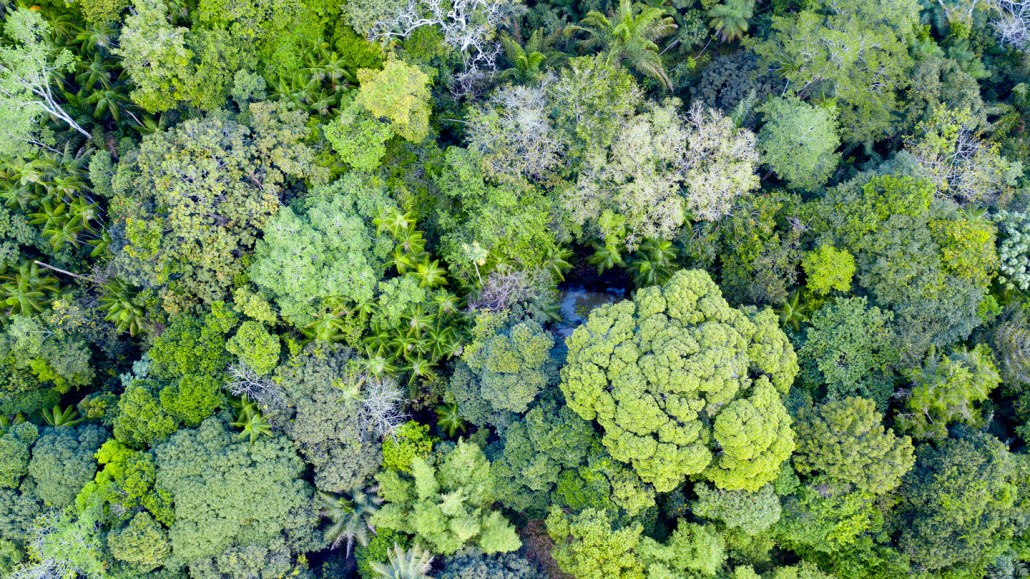biodiversity: (short for biological diversity) The number and variety of species found within a localized geographic region.
biologist: A scientist involved in the study of living things.
forest: An area of land covered mostly with trees and other woody plants.
habitat: The area or natural environment in which an animal or plant normally lives, such as a desert, coral reef or freshwater lake. A habitat can be home to thousands of different species.
host: (in biology and medicine) The organism (or environment) in which some other thing resides. Humans may be a temporary host for food-poisoning germs or other infective agents. (v.) The act of providing a home or environment for something.
novel: Something that is clever or unusual and new, as in never seen before.
Proceedings of the National Academy of Sciences: A prestigious journal publishing original scientific research, begun in 1914. The journal's content spans the biological, physical and social sciences. Each of the more than 3,000 papers it publishes each year, now, are not only peer reviewed but also approved by a member of the U.S. National Academy of Sciences.
species: A group of similar organisms capable of producing offspring that can survive and reproduce.
statistical analysis: A mathematical process that allows scientists to draw conclusions from a set of data. In research, a result is significant (from a statistical point of view) if the observed difference between two or more conditions is unlikely to be due to chance. Obtaining a result that is statistically significant means that it is unlikely to observe that much of a difference if there really is no effect of the conditions being measured.

